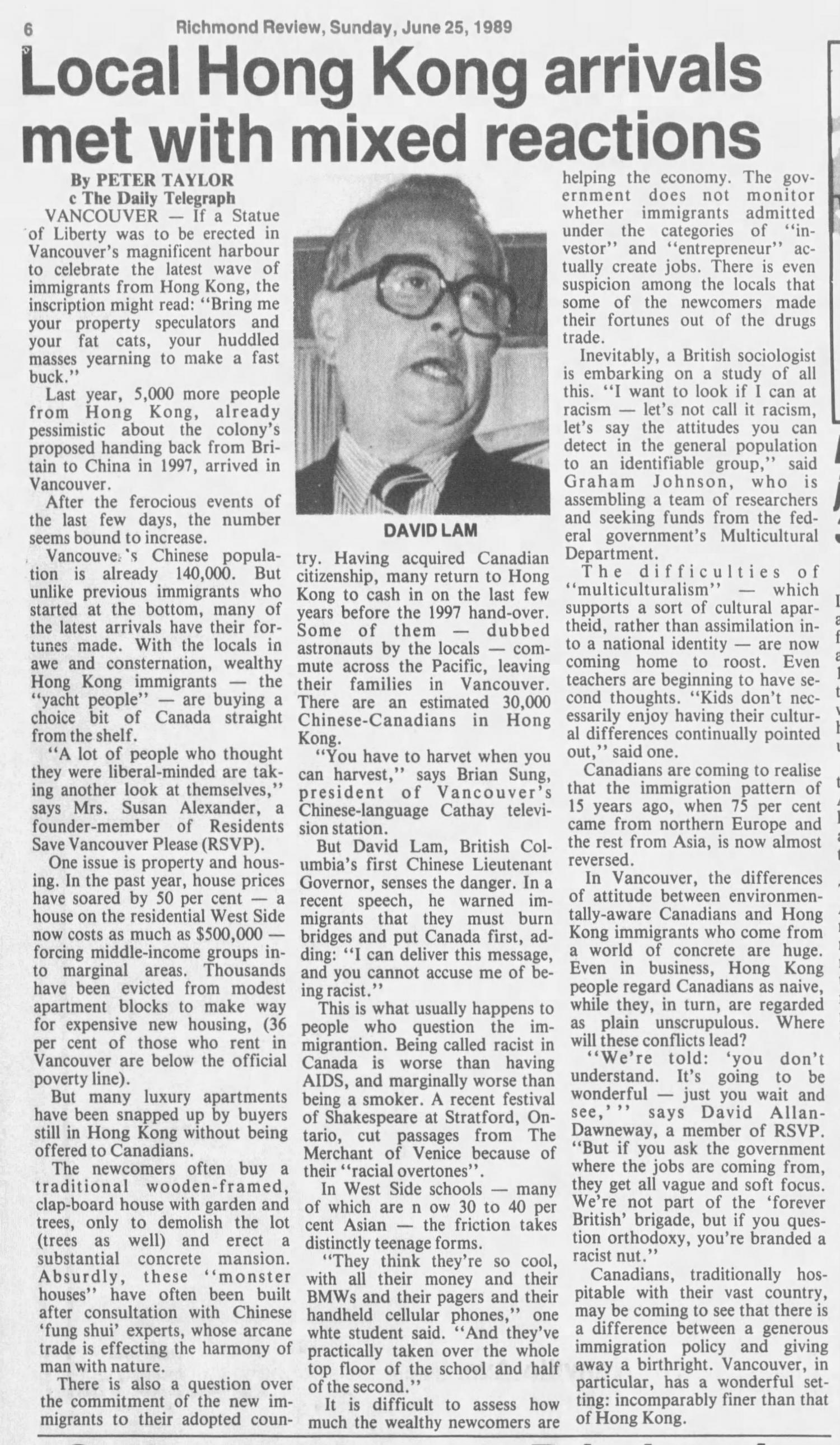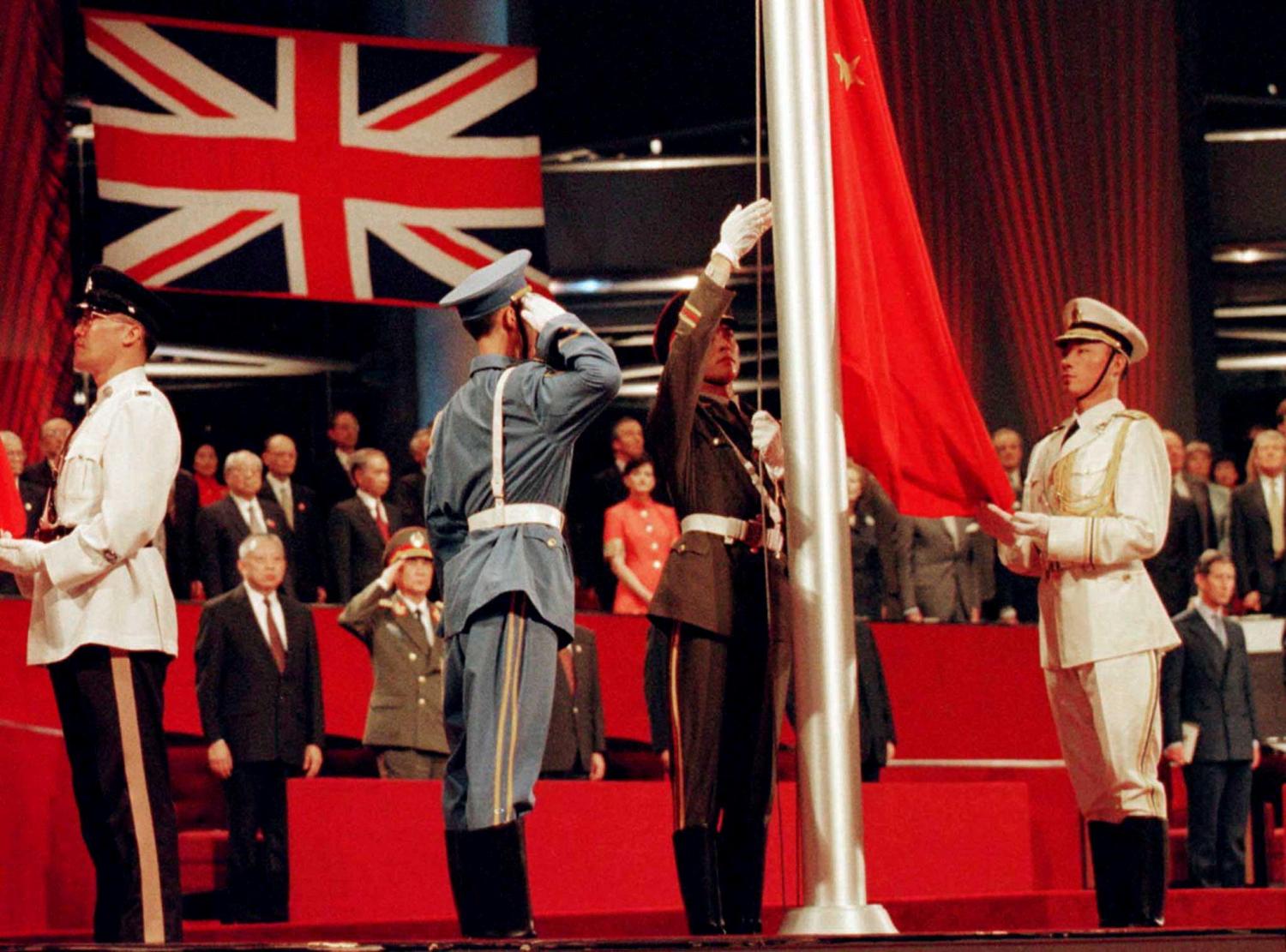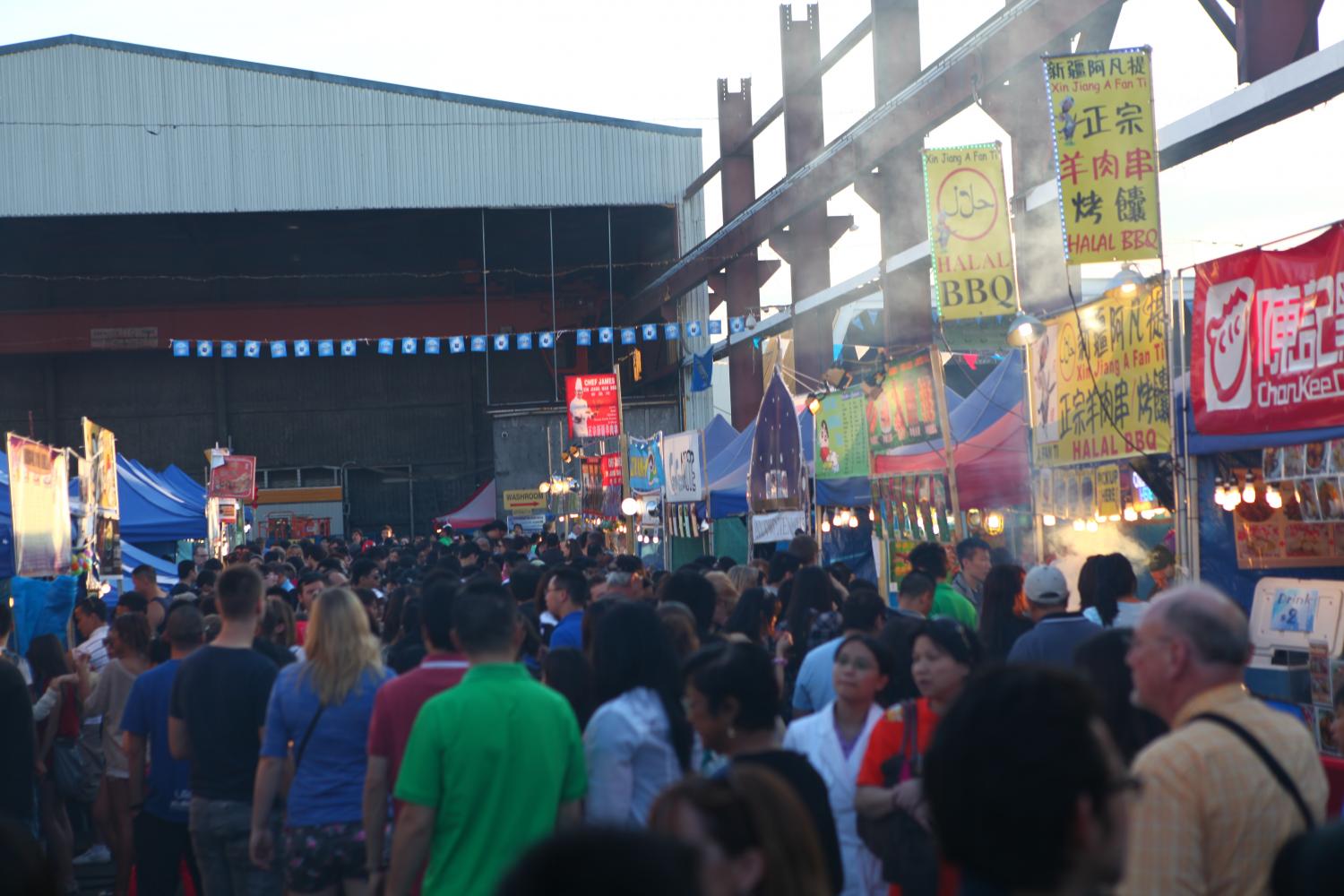The New Wave
The looming handover of Hong Kong sparks a new stream of Chinese immigration
Date: 1984
Chinese migrants were among the first non-Indigenous people to settle in British Columbia. By the early 20th century, Chinese Canadians — who nearly all lived in B.C. — represented Canada’s largest ethnic group besides people of European and Indigenous descent. But decades of racist immigration policy slowed the flow of Chinese newcomers to a standstill. When the federal government finally scrubbed race from its immigration rules in 1967, Chinese and other Asian immigrants began once again emigrating to Canada.
But a significant new wave of Chinese immigration didn’t start until the mid-1980s, and most of these newcomers shared little in common with those who had come before them.
Several events precipitated this new wave. In 1984, China and the United Kingdom announced that Hong Kong would be returned to China in 1997. The landmark handover would end 156 years of British rule on the island, and many Hong Kongers feared their rights and freedoms might vanish once the Chinese Communist Party took over. So began a mass tide of migration to the West, with Vancouver as a top destination.
This exodus was occurring just as Expo 86 had placed B.C.’s largest city on the world stage, piquing the interest of tourists and investors. In fact, it was a Hong Kong billionaire who bought and redeveloped the 90-hectare Expo grounds on the north side of False Creek. The $320-million acquisition kicked off Vancouver’s journey to becoming a high-priced real estate behemoth. At the same time, governments began actively incentivizing the emigration of wealthy and educated Asians through legislation like 1986’s Investment Canada Act. In the decade before the handover of Hong Kong, approximately 225,000 Hong Kongers emigrated to Canada, most settling in Vancouver or Toronto.
Early Chinese migrants to Canada often arrived poor. But this new cohort came largely from educated, middle-class backgrounds. In recent years, a quarter of new Chinese immigrants to Canada held PhDs, compared to only six per cent of American immigrants. Meanwhile, 70 per cent of recent Chinese newcomers are eligible to apply as sought-after “economic” or “investment class” immigrants who the federal government expects to boost the Canadian economy.
The influx of Hong Kong emigrants peaked in 1994, with more than 44,000 arrivals, then sharply dropped in the second half of the decade. In 2000, less than 3,000 came to Canada from Hong Kong. However by this time, immigration from mainland China — enabled by an easing of emigration restrictions by the Chinese government in 1986 — had steadily picked up. From 1999 to 2009, the largest number of immigrants to Canada came from the People’s Republic of China. Aside from Europeans, Chinese Canadians now make up the second-largest ethnic group in the country. And today, at least a fifth of Metro Vancouver’s population identifies as Chinese — more than any other city in North America. To quote UBC professor Henry Yu, Vancouver “has achieved an almost iconic status as the harbinger of a coming transnational Pacific world.”
Sources:
- "150 Years of Immigration in Canada." Statistics Canada, 29 June 2016, https://www150.statcan.gc.ca/n1/pub/11-630-x/11-630-x2016006-eng.htm.
- Chan, Anthony B. "Chinese Canadians." The Canadian Encyclopedia, 22 May 2019, https://www.thecanadianencyclopedia.ca/en/article/chinese-canadians.
- Crowe, Paul. "A Brief Chronology of Chinese Canadian History." From Segregation to Integration, 2010, https://www.sfu.ca/chinese-canadian-history/chart_en.html.
- Gzowski, Peter. "The Hong Kong Influx ." CBC Archives, 13 Mar. 1990, https://www.cbc.ca/archives/entry/the-hong-kong-influx.
- "History of Canada’s Early Chinese Immigrants." Library and Archives Canada, 19 Apr. 2017, https://www.bac-lac.gc.ca/eng/discover/immigration/history-ethnic-cultural/early-chinese-canadians/Pages/history.aspx.
- Korstrom, Glen. "The Expo Effect: How Expo 86 Changed Vancouver." Business in Vancouver, 26 Apr. 2016, https://biv.com/article/2016/04/expo-effect-how-expo-86-changed-vancouver.
- Mar, Lisa Rose. "Beyond Being Others: Chinese Canadians as National History." BC Studies, no. 156, 2008.
- Northam, Jackie. "Vancouver Has Been Transformed By Chinese Immigrants." NPR, 5 June 2019, https://www.npr.org/2019/06/05/726531803/vancouver-has-been-transformed-by-chinese-immigrants.
- Todd, Douglas. "Chinese Immigrants: Why They Come, Why One-Third Return." Vancouver Sun, 25 Feb. 2011, https://vancouversun.com/news/staff-blogs/chinese-immigrants-why-they-come-why-one-third-return.
- Wood, Graeme. "Chinese Reach Majority in Richmond." Richmond News, 1 Nov. 2017, https://www.richmond-news.com/local-news/chinese-reach-majority-in-richmond-3061235.
- Yu, Henry. "Is Vancouver the Future or the Past? Asian Migrants and White Supremacy." Pacific Historical Review, vol. 75, no. 2, 2006, pp. 307–12.
- Yu, Li. "An Empirical Study of Recent Mainland Chinese Migration to Vancouver." Journal of the Canadian Historical Association, vol. 19, no. 2, July 2009, pp. 180–96, doi:https://doi.org/10.7202/037753ar.




